
The debates and challenges for the reintegration into society of the former inmates from the penal system were discussed on Friday (September 12th) at the II State Seminar on the Policy of Attention to the Former Inmates from the Penal System, an event held by the Superior School of the Judges of the State of Tocantins (Esmat) and the Group for Monitoring and Inspection of the Prison System of the Court of Justice of the State of Tocantins (GMF/ TJTO) in partnership with the State Secretariat for Citizenship and Justice (Seciju). The meeting brought together magistrates, public managers, researchers and civil society to discuss strategies for social reintegration, strengthening of the Social Offices and integration among Powers.
The opening ceremony was attended by the magistrate holder of the court of criminal executions of the district of Gurupi and member of the Group for Monitoring and Inspection of the Prison System and Execution of Socio-educational Measures of the TJTO, Judge Odete Almeida; the executive secretary of the Secretariat for Citizenship and Justice, doctor Hélio Pereira Marques; the second public defender of the state of Tocantins, doctor Danilo Frasseto Michelini; the prosecutor of the State Prosecution of Tocantins, doctor Rodrigo de Souza; and the president of the Commission on Human Rights of the BAR/TO, doctor Maria Lúcia Soares Viana. The five composed the programming bringing, respectively, the perspectives of the Executive Power, the Public Defender’s Office, the State Prosecution and the Advocacy in Human Rights, reinforcing the inter institutional character of the meeting and the joint commitment to the attention to the former inmate.
During the Opening Table, Judge Odete Almeida highlighted the social role of the Judiciary in addition to the acting on the files.
“The National Council of Justice requires from the Judiciary a very large social performance. In the social context, our responsibility is huge, because the Judiciary is the last trench of the citizen. When the Judiciary goes out to the field and acts in partnership with the Executive, what is expected is that society will reap the fruits of this institutionalized social responsibility", she said.
Thematic
During the event, tables and lectures addressed the normative basis of the Policy of Attention to the Former Inmate (Resolution no 307 of the CNJ, of 2019, and Decree no 11.843, of 2023), the design and expansion of the Social Offices (service flows, entrance doors, pre- and post-inmate), the intersectoral articulation with SUAS (Unified Social Assistance System), SUS (Unified Health System), education and work, productive inclusion and employability (highlighting initiatives such as “Emprega 347” (Employs 347)), continuous team training, monitoring and data management (RAESP (Network of Attention to Former Inmates from the Prison System)), federal financing and governance, participation and social control (Councils), as well as essential service axes: civil documentation, psychosocial reception, housing, mental health and chemical dependence, aimed at reducing recidivism, confronting stigma and guaranteeing rights.
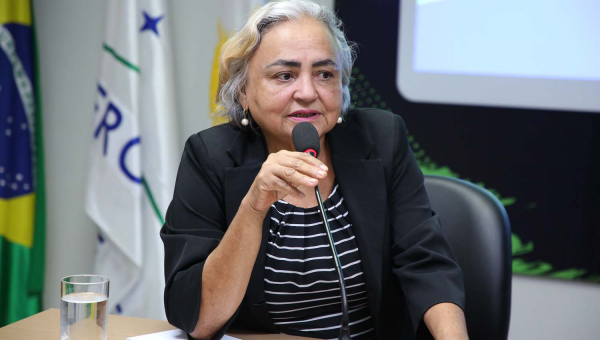
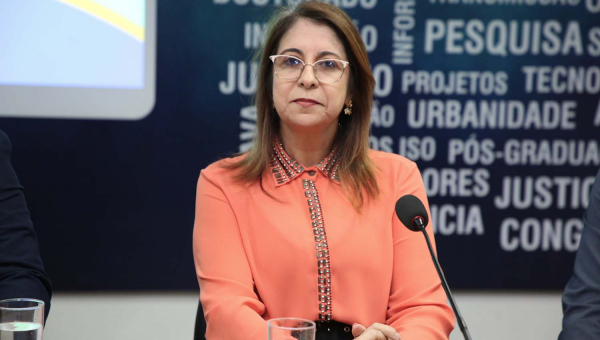
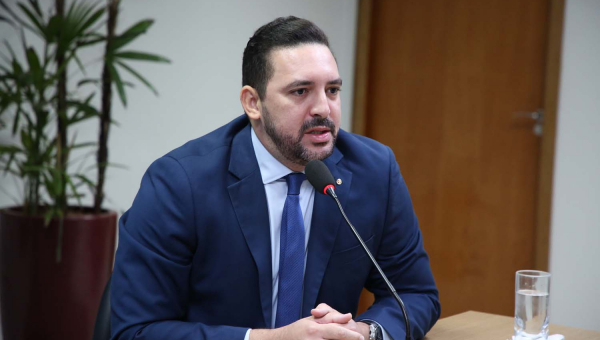
_thumbnail_thumbnail.jpg)
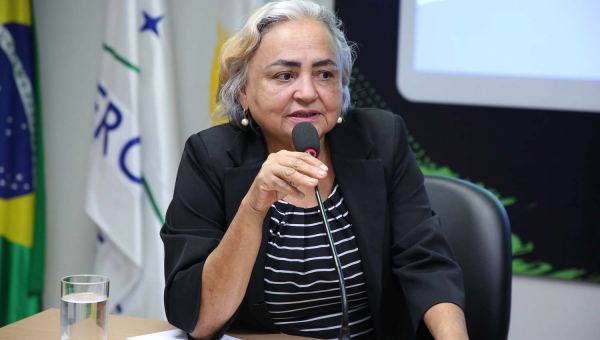
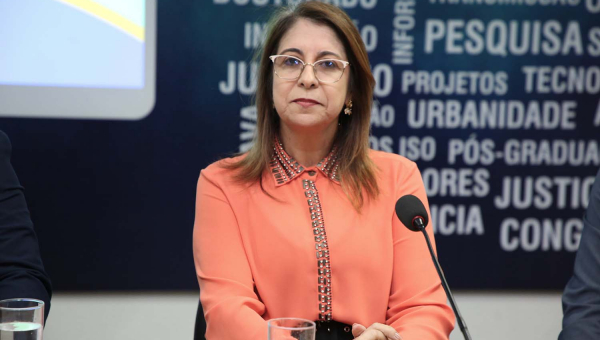
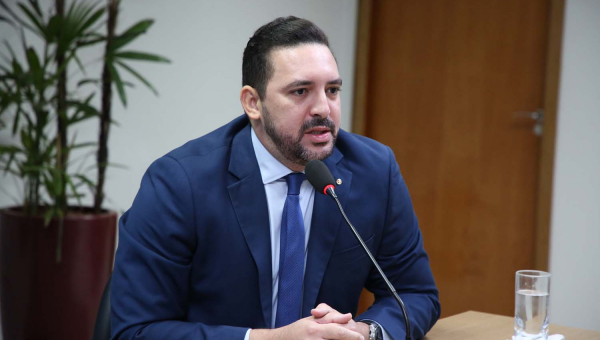
_thumbnail.jpg)